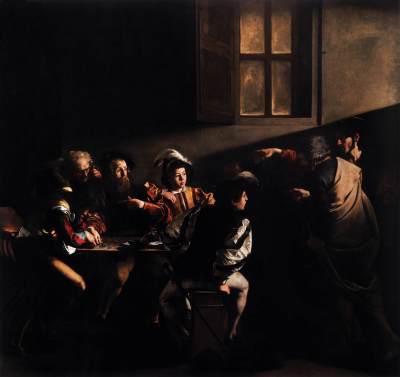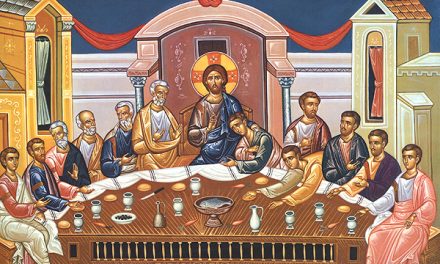Amos 8:4-7
Ps 113:1-2, 4-6, 7-8
1 Timothy 2:1-8
Luke 16:1-13
Several years ago, I assigned a book called God Is Not… (ed., D. Brent Laytham) as one of the required texts for my intro-level “Perspectives on Christianity” course. It was meant to shake things up a bit. The book is designed to help readers question some of the things they might uncritically have taken to be true about God. One of the essays in the book is called “God is not Nice!” It is written as an antidote for students who may have overdosed on the message “God Loves You!” to the point that they might have trouble distinguishing God from a giant hug or smiley face in the sky. It’s an imperfect book, but I found it to be effective in helping my students to understand that although it is true that God always loves us, it is also true that God calls us to conversion. This loving God judges our actions. This loving God calls us to recognize that our choices in life matter, and there are some ways of living that are incompatible with being in right relationship with God. For example, “You cannot serve both God and mammon.”
The behavior that is condemned by the prophet Amos in this Sunday’s first reading describes a rather extreme, destructive mode of “serving mammon.” The prophet writes of people who “trample upon the needy and destroy the poor of the land.” They “buy the lowly for silver, and the poor for a pair of sandals.” These people also have no time for God and no patience for the Sabbath, longing for it to end so that they may get back to business. The prophet Amos tells us that this way of life violates God’s covenant with Israel. God is against exploitation of the poor and the alien. This special concern that we see here in the book of Amos is what today we would call a “preferential option for the poor.” God sides with the exploited and the powerless. We are called to do the same.
But in what way does God “take sides” here? This Sunday’s second reading can help us understand. The first letter to Timothy tells us that God “wills everyone to be saved and to come to knowledge of the truth.” Thus “taking sides” or standing for justice is not a simple case of “us vs. them”. God does not will the destruction of the mighty or even of those who commit grave injustices. God wills them to see the error of their ways and to change.
It is important to recognize that these readings are not just about “them” – the bad guys. To make this point, I would like to return to the concluding message of today’s Gospel: “You cannot serve both God and mammon.” The fundamental error of the people Amos is calling to account is that they put money (and perhaps power) ahead of God. Instead of making the cultivation of right relationship with God and neighbor the center of their lives, they single-mindedly pursued money and success—even to the point that they were willing to sacrifice people (the poor) to those gods. The extreme nature of their error makes their mistake easy to spot. Our own more subtle tendencies to serve mammon might be more difficult to notice. At what point does the pursuit of “a comfortable life” become a god for us that eclipses our devotion to the one true God?
Recently my students and I have been reflecting on John Paul II’s discussion of “Superdevelopment” in Sollicitudo Rei Socialis (On Social Concern). In that encyclical, John Paul II notes the scandalous truth that we live in a world where many have too little to flourish or even live in dignity (underdevelopment) while others have a superabundance of goods which often leads to a life of empty materialism (#28). Once again, we can see the problem more easily in the extremes. We likely know that a life of unwavering pursuit of material gain is ultimately unsatisfying. But it is harder to recognize the early symptoms of pursuing “mammon” to excess. We resist seeing this idolatry in ourselves. What constitutes a life of simplicity and justice – one that falls neither into the category of underdevelopment or excess? My students and I found that it is very hard to draw a clear line or to set clear parameters in answer to this question. Does simplicity mean giving up all of your “devices” (smart phone, tablet, even television), or are those things a necessity to participate in today’s culture and economy? Are two cars excessive? Do they have to be old cars? How many square feet of living space is too much? What about vacations? How much should you give to charity? Is it possible your assets to work for the common good and provide adequately for yourself and your family? How should you prioritize? These are not easy questions to answer. But this week’s readings call us to ask them in a spirit open to conversion – to strive for simplicity and generosity and to realign our lives toward God and neighbor.






Trackbacks/Pingbacks